It’s that time of the year. Projects due dates are nearing, and finals season is just around the corner. It’s time to take a serious look at what fuels us for the last grueling stretch of academia and what hurts us. As most college students know, caffeine is a must to get through those late nights of finishing up semester projects, papers and studying for finals, but the coffee actually might be hurting more than helping.
According to numerous sleep studies like this one, drinking caffeine is a detriment to sleep habits, especially if it’s consumed regularly and the user has built a tolerance to it. Mayo Clinic actually recommends that you cut the caffeine at 2 p.m. and not exceed more than four cups a day (Starbucks lovers, this translates into exactly one Venti sized coffee). But most students are probably somewhat aware of this whether they actively track their caffeine consumption or not. After all, it makes sense that a couple all-nighters to get through finals won’t matter once summer hits, and they can catch up on sleep, right? Despite how much we’d all like to think so, this isn’t the case.
Caffeine overconsumption is not a problem that shows up during finals season only. In fact, Huffington Post has a series of posts that details the coffee culture of college campuses nationwide. You can join the conversation with the hashtag #SleepRevolution on social media.
But in the meantime, it’s important to look at those study habits and planners. Have you written in a bedtime for yourself?
Sleep deprivation due to any cause can cause some serious long-term affects such as a weakened immune system, higher risk for heart problems and obesity and even memory problems. As Americans in general, we are already at elevated risk for many of these things due to our diets. Sleep deprivation simply adds on to the health risks, and it’s a serious issue.
According to Sam Cross, sleep evades him when he’s been overstimulated by school work too late at night. “I can’t sleep after I’ve been hyper processing, and I can’t turn off my brain,” he said. His caffeine intake is normal for a college student, averaging about 4 rounds of 12 ounces of caffeine.
It’s time to look at our habits as a college community and make a change. I dare you to drink one less caffeinated drink and get to bed an hour earlier. Your body will thank you, and your grades will, too. When you wake up after the recommended seven to eight hours of sleep, you’ll be surprised at what you’ll be able to tackle.


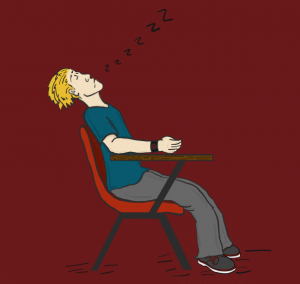
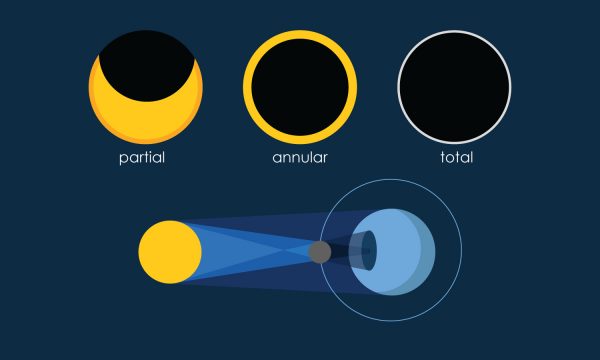
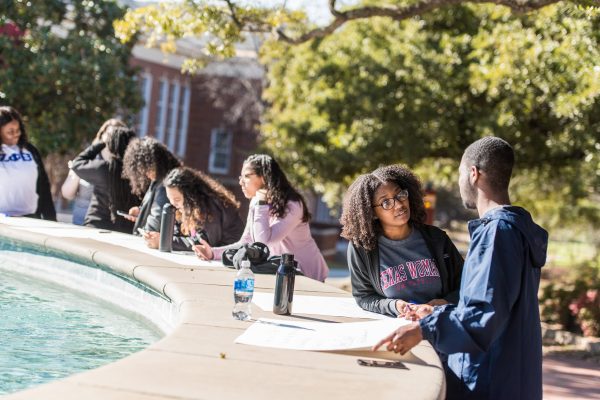
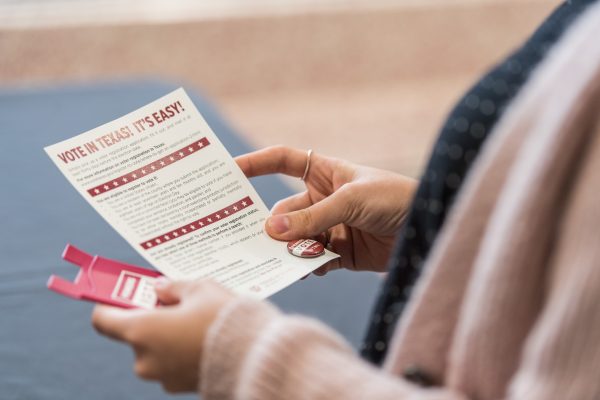
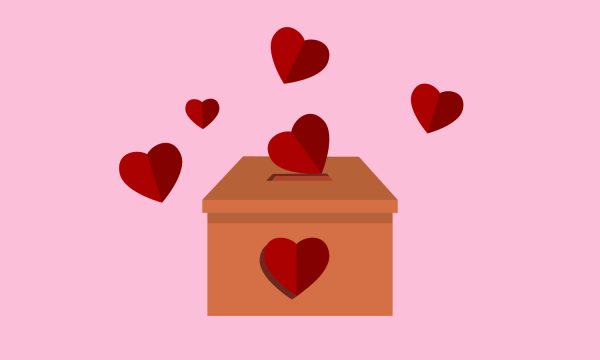
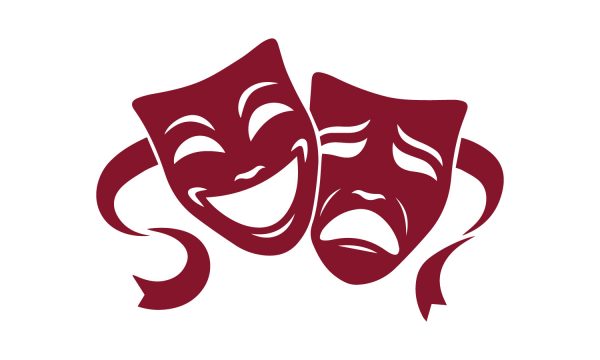
Be First to Comment